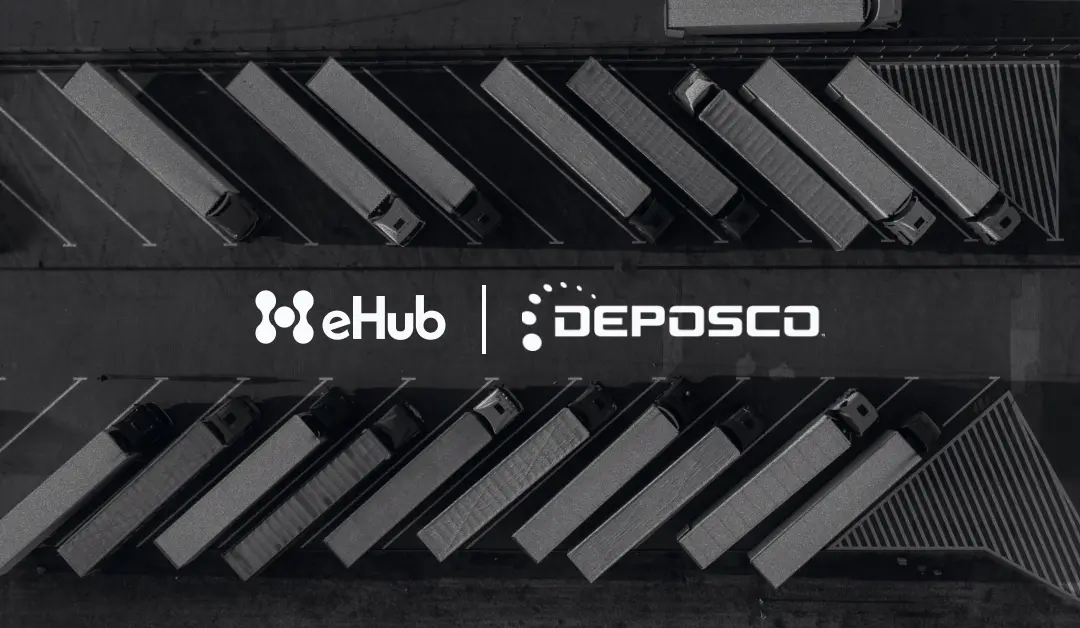Are you looking to outsource your freight transportation? Take a look at 3PL freight services!
There are two standard solutions. You can choose a freight forwarder or 3PL Freight Services. Let’s break down the differences. In this blog, we will discuss freight forwarders and 3PL Freight Services. Then, we will go over the factors to help you decide.
3PL Freight Services
Do 3PLs (Third Party Logistics) do freight services?
Firstly, 3PLs (Third Party Logistics providers) commonly handle freight as a part of their services. Freight management is a vital aspect of logistics. Thus, many 3PL companies offer complete freight services. Further, these 3PL freight services help businesses manage the transportation and distribution of goods. Here’s how 3PLs typically handle freight. They are everything-guys. They understand the whole supply chain.
Critical Functions of 3PL Freight Services
Transportation
First, they negotiate rates, select the proper transportation mode, and arrange for freight movement from one point to another.
Freight Brokerage
Also, some 3PLs operate as freight brokers. This involves connecting shippers with available carriers.
Freight Forwarding
Next, 3PLs that offer international freight services act as freight forwarders. They manage the logistics and documentation required for cross-border and international shipments.
Warehouse and Distribution
Additionally, many 3PL providers have warehouse and distribution capabilities, including the storage of freight. They receive, store, pick, pack, and ship goods on behalf of their clients.
Technology Solutions
Further, 3PLs often provide tech platforms and software for tracking and managing freight.
Carrier Management
Also, 3PLs maintain a connection with a network of carriers. This allows them the best transportation options from negotiating rates to ensuring efficient freight delivery.
Last Mile Delivery
Finally, some 3PLs specialize in last-mile delivery services. This ensures that goods are transported from a distribution center to their final destination.
Freight Forwarders
A freight forwarder facilitates the transportation and shipping of goods on behalf of shippers from one location to another. Freight forwarders serve as the middleman in the logistics process. They coordinate cargo transport through different modes. These include road, rail, air, and sea. They’re one part of the supply chain. Further, they are international cargo-moving machines. Let’s talk about the essential parts.

Critical Functions of Freight Forwarders
Booking Cargo Space
First, they book cargo space on various transportation carriers.
Carrier Selection
Next, they select suitable carriers based on various factors, including cost, transit time, capacity, and specific needs.
Documentation
Freight forwarders also handle the documentation involved. For example, bills of lading, customs declarations, permits, and other required paperwork may be needed.
Customs Clearance
Additionally, freight forwarders assist with customs clearance processes.
Cargo Insurance
Further, they often offer cargo insurance services. These protect against loss or damage during transit. Shippers can buy insurance through the freight forwarder for added peace of mind.
Tracking and Monitoring
Freight forwarders provide real-time tracking and monitoring of shipments. This allows shippers to stay informed about the status and location of their cargo throughout its journey.
Cargo
Next, freight forwarders may consolidate smaller shipments into one container for cost efficiency. Conversely, they may de-consolidate shipments upon arrival to distribute them to their final destinations.
Route Efficiency
They work to find the most efficient and cost-effective routes for transporting goods. Thus, they consider factors like distance, mode, and transit times.
Packaging and Labeling
Finally, freight forwarders may provide advice on packaging and labeling requirements. This ensures that goods are transported safely and in compliance with regulations.
The Difference
So, what’s the difference?
Primary Focus
- Freight forwarders mainly focus on the transportation of goods. They move cargo from one location to another. Through this, they handle documentation, customs clearance, and transportation modes.
- On the other hand, 3PLs offer a broader range of services. Similarly, they often include freight forwarding as part of their services. However, they also provide other supply chain solutions. 3PLs focus on end-to-end supply chain management. These include including storage, handling, and the movement of goods.
The main difference between a freight forwarder and a 3PL lies in the scope of services offered. Freight forwarders focus on international transportation. Alternatively, 3PLs provide a wider array of logistics and supply chain services. Further, this makes them a more complete choice for businesses seeking end-to-end solutions. Thus, the choice between the two depends on the specific needs and scale of your logistics operations.
So, how do you choose?
When choosing between a freight forwarder and 3PL freight services, consider these factors.
3PL Freight Services or Freight Forwarder?
Scope of Services Needed
Firstly, freight Forwarders are best for international transport. Thus, they also manage customs clearance. This is a good choice if you’re focused on moving products across borders.
On the other hand, if you need more solutions, 3PLs may be for you. 3PLs offer a variety of services to manage the entire supply chain process, including warehousing, inventory management, order fulfillment, and more.
Flexibility
Freight forwarders typically offer standardized services. If your business requires highly customized logistics solutions, a 3PL can tailor its services to your specific needs.
Alternatively, 3PLs have the flexibility to adapt their services to match your business requirements.
Cost
Freight forwarders often charge fees based on shipment volume and the complexity of international transportation.
3PLs may charge various fees, including storage, handling, and transportation costs. Further, assess these fees against the value they provide in streamlining your overall supply chain.
Technology
Evaluate the technology and systems offered by the service provider. Freight forwarders may provide tracking and visibility tools for shipments.
3PLs often offer advanced technology platforms for supply chain visibility, analytics, and management.
Customer Support
Initially, assess the quality of customer support provided by the freight forwarder. Clear communication is crucial for international shipments.
Also, evaluate the 3PL’s customer service capabilities. Their responsiveness to your specific inquiries and requirements is vital.
Conclusion
Ultimately, the choice between a 3PL and a freight forwarder should be based on a thorough assessment of your business’s logistics needs. This includes the complexity of your supply chain and your goals for cost-effectiveness. It may also be beneficial to consult with logistics experts or service providers to help make an informed decision.




